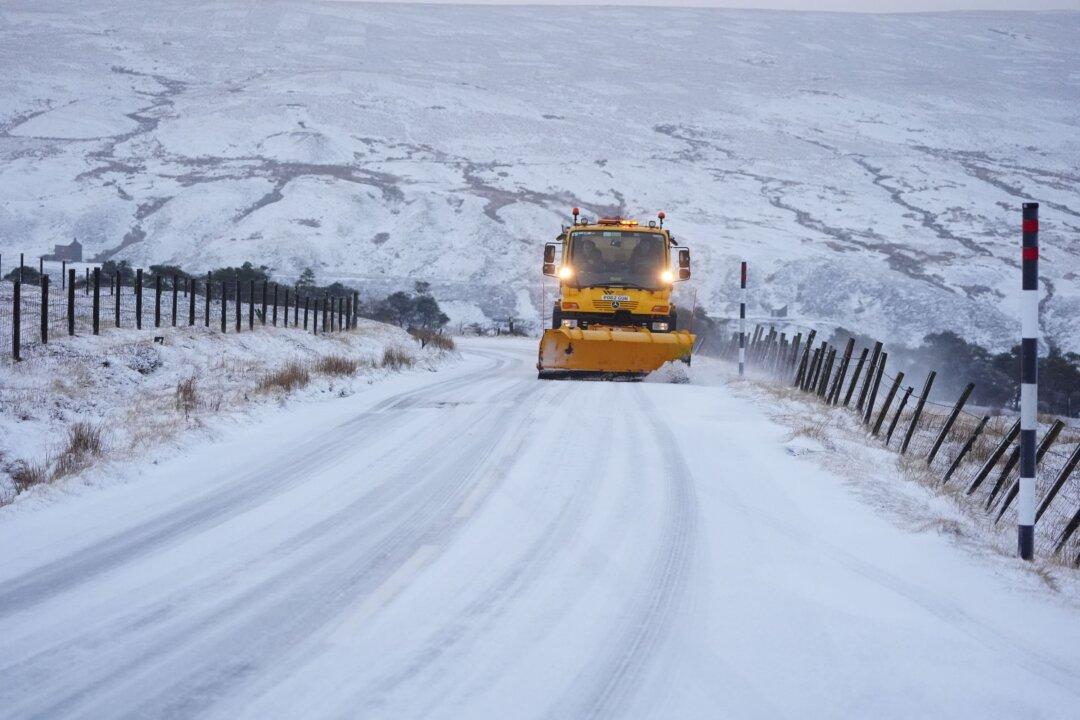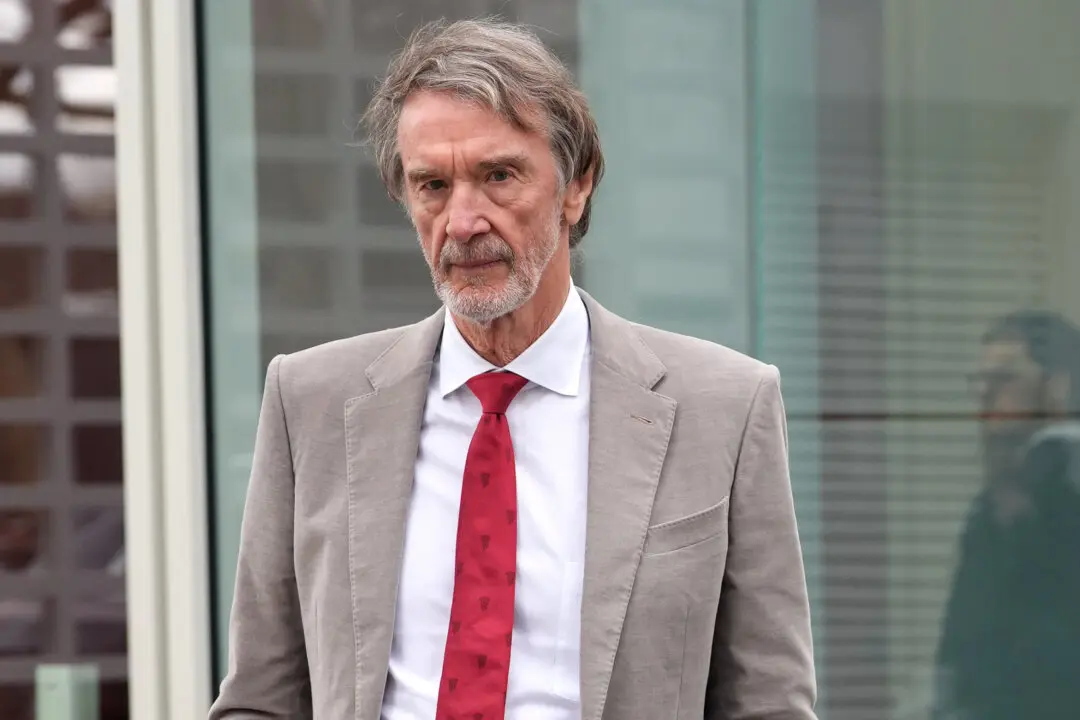France is planning to ask the EU to begin “litigation proceedings” if an ongoing row over fishing licences is not resolved.
The European Commission has said the dispute must be settled by December 10—but Downing Street said on Thursday it did not recognise the deadline, threatening to further inflame tensions between the nations.




